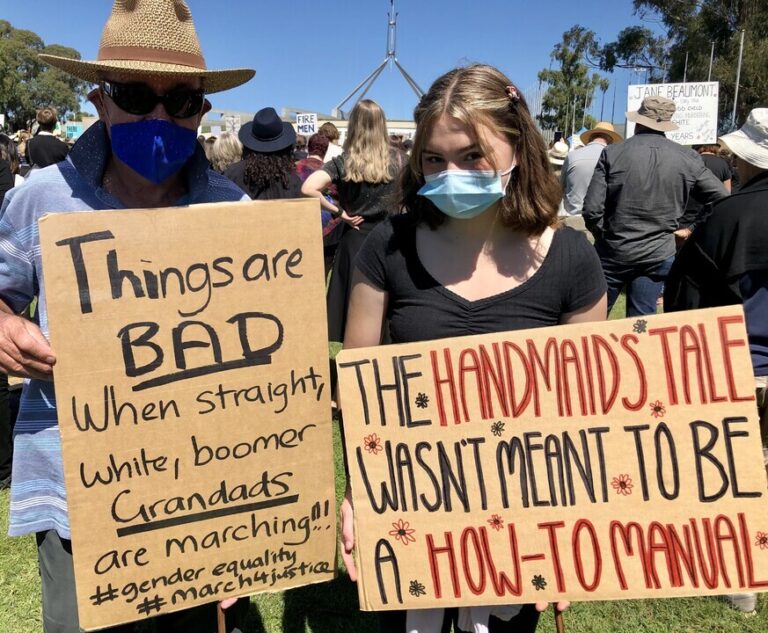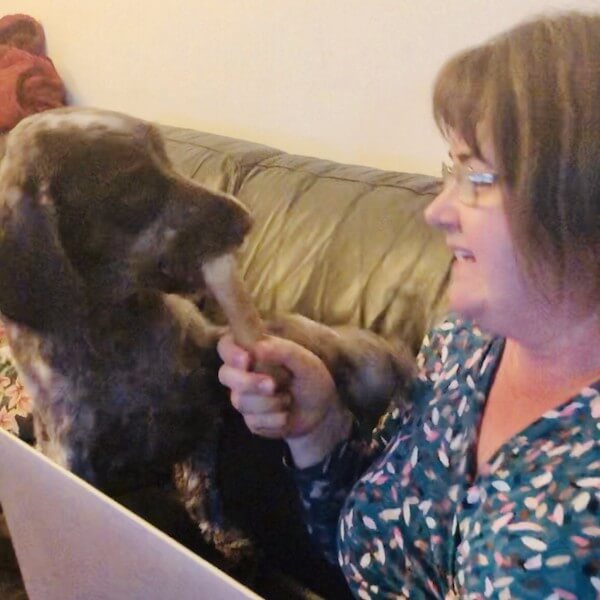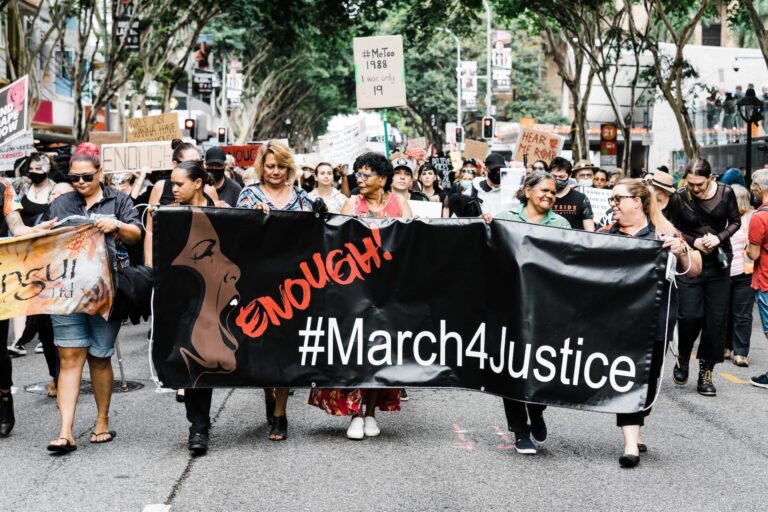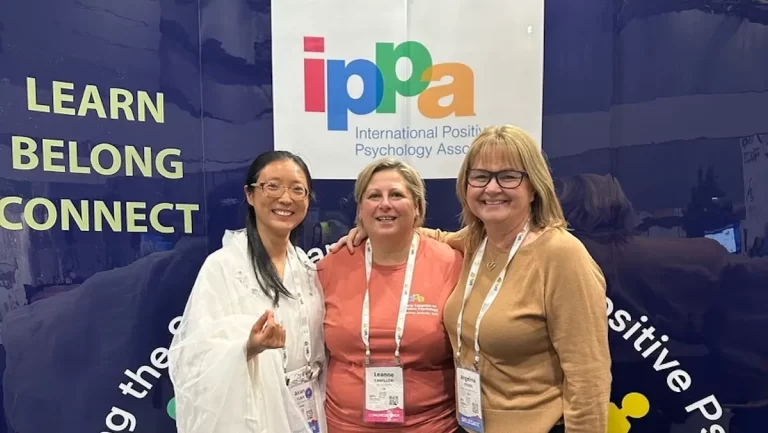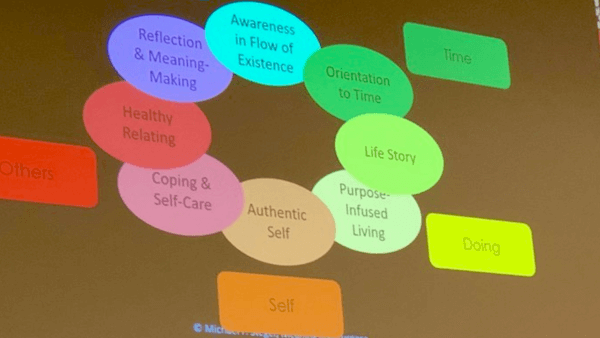Leadership and language – sense-making in non-sensical times
Leadership and language – sense-making in non-sensical times
For office-based professionals, these pandemic years have given us an incredible opportunity to rethink how work works for us and our lives. We’ve learned things about the leaders, organisations and people we work with and for. Although our 2020/2021 stories may all be quite different to each other, and no one is right or wrong, we have all been given an opportunity to stop and reflect upon who and how we want to be as employer, as employees and as colleagues. We’ve also seen who and how we and others are in the context of a global crisis and this is influencing decisions being made about where and how we continue to work.
Last week, Lisa (name changed) a Melbourne-based client, shared a conversation she’d had with a team member. The team member, John, was recounting the ‘waste and awfulness’ of 2020 and 2021. He welcomed what he called ‘a return to normalcy’ in 2022 and was struggling to understand why all of his team members weren’t as keen to be back in the office five days per week as he was. John spoke resentfully about lockdowns, wasted travel opportunities and a stalled career. He bemoaned the global economic crisis and rising mental health issues for which, John said, he firmly blamed the pandemic.
Lisa explained to me that she found this conversation surprisingly confronting. She had not responded immediately, as she is John’s manager and did not want to invalidate his experience and wanted to consider her own response. She said that at the time, she found herself nodding and making ‘aha’ noises but thinking to herself about how far-removed John’s experience had been from her own.
I asked Lisa to share her experience of these years with me. She fondly remembered the rush to learn zoom (and the quick and creative rise (and then fall) of Zoom events such as Friday Arvo Zoom Drinks; Zoom wine-tastings and Zoom Birthday parties). She recalled a calmer pace at home as she and her family got up later, ate slower meals together, played board games and walked their dog in the park. “We now know our neighbours’ names,” she said, “I am ashamed to say that I didn’t before lockdowns.”
“We now know our neighbours’ names,” she said, “I am ashamed to say that I didn’t before lockdowns.”
“We baked sourdough,” she added sheepishly, admitting that was something clichéd she never thought she’d do. “Friends and family from interstate sent us gifts – flowers, chocolates, cheese. And after we came through winter,” she added, “we had socially-distanced drinks in the park with the entire community, their kids and dogs.”
Lisa noted that she was one of the very lucky ones having the ability to work from home, still receiving an income and doing professional work. She admitted that she had of course felt stress and fear – especially in the early months watching case numbers on the news and seeing Melbourne cases rise, and then again as lockdowns became extended month on month. Home schooling wasn’t always fun. Lisa, her partner and her kids had their ‘off’ days. However, these were not the first things that came to mind for her now.
Lisa lamented the loss of that kinder, simpler time. A time when she didn’t have to get up before the sun to get the kids to sports, school activities and herself to work. When she didn’t have to sit in traffic for lengthy periods of time. A time when her and her teammates regularly checked in with each other, made extra efforts to ensure everyone was doing ok, and shared small life moments such as Sally’s new puppy; Tim’s four year old insisting on saying hi to everyone on screen and Alex’s latest puzzle mastery. She wondered if all the gentle kindness, patience – even the generous gift-giving – that occurred during lockdowns was now being discarded and replaced by an old familiar pushing, striving and driving that occurred pre-pandemic.
She lamented the loss of that kinder, simpler time. A time when her and her teammates regularly checked in with each other, made extra efforts to ensure everyone was doing ok, and shared small life moments.
“My company has been flexible about hybrid work,” she said, “but I’m starting to feel that ‘racing’ feeling again – the way I felt back in 2019 – a way I had said to my husband at the time, needed to change.”
We have a really important choice about how we not only make sense of these last few years for ourselves, but also how we use these last few years to inform who and how we want to be as leaders into the future. I am not advocating that we ‘gild the lily’. I’m just reminding that language and how we share our experiences influences how we create our worlds.
I can’t help but be reminded of my 98-year-old grandfather who in his last year of life told me his memory of another – though very different – crisis time: WWII during which he was a prisoner of war in Germany.
“I’ll tell you something, Angelina,” he said, “I know that war was a terrible, terrible thing and that we always have to remember that; but as a young man in that war, I had a bit of a boy’s own adventure – I was very lucky. And I also met your grandmother, which meant I had four children – including your mother – and then she had you. Those times made the life I have now – and they made me thankful for the life I have now.”
He leaned back with a full, satisfied smile across his face, shaking his head and I could see him deep in thought remembering I-don’t-know-what – but remembering it with a very full and happy heart.



